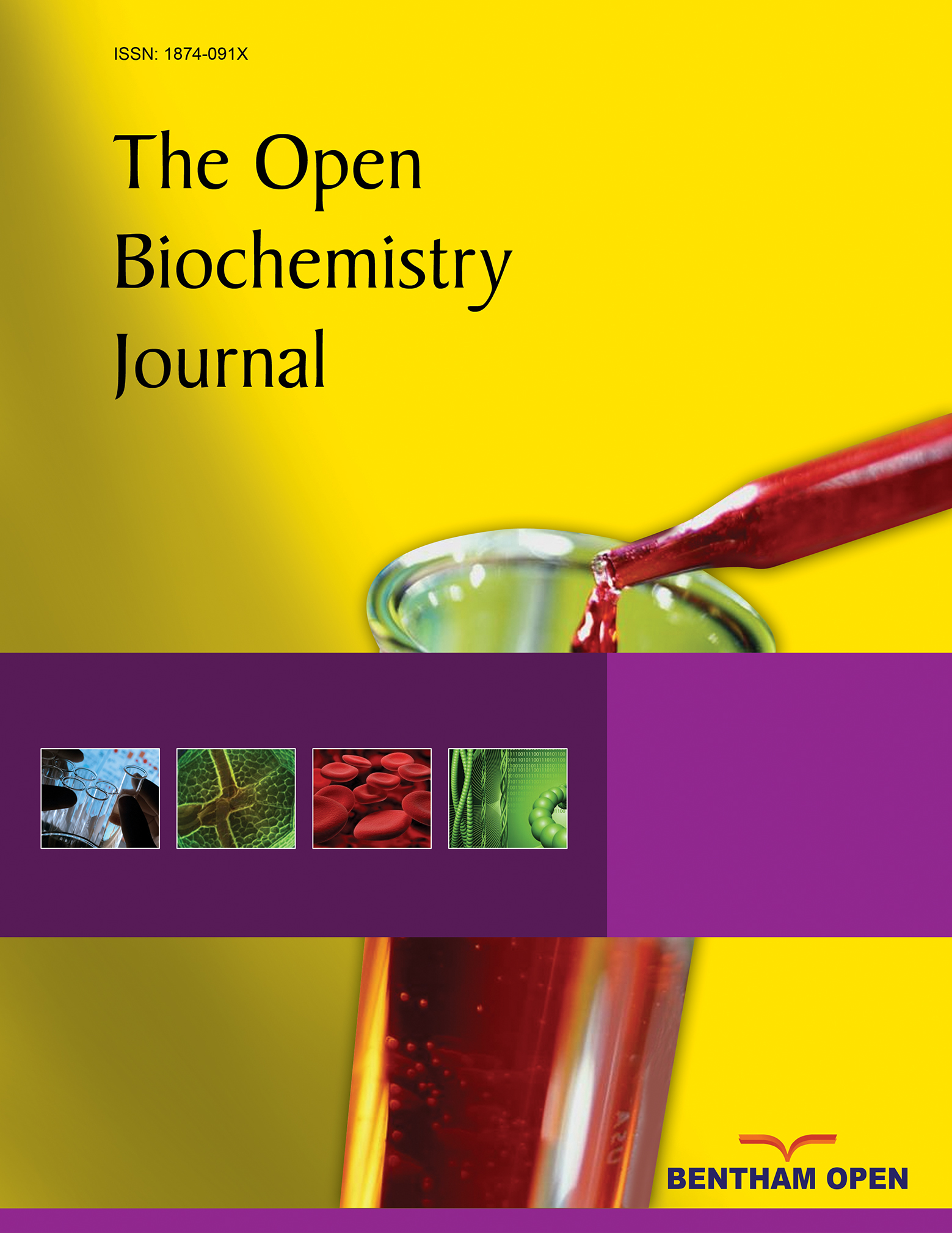Vitamin D and COVID-19 Infection
Abstract
Objective:
The COVID-19 epidemic resulted in a global crisis of public health. Therefore, the possibility of prevention, leading to reduced infection and/or an improved disease state, is the subject of intensive attention. The novelty of this study is the direct evaluation of vitamin D levels with the risk of COVID-19 infection.
Background:
Currently, several nutraceuticals, including vitamin D, beta-glucan, and some minerals, are being studied for their role in stimulating immunity. Our study focused on the relationship between levels of vitamin D in immunodeficient patients and the risk of the development of COVID-19.
Method:
In this study, patients were supplemented with vitamin D.
Results:
In a group of 71 patients, we found that patients with vitamin D levels below 30 ng/ml had an increased risk of COVID-19 development and more severe disease progress. In patients with blood levels over 40 ng/ml, we consistently found high levels of protection against COVID-19 infection.
Conclusion:
The most important finding is that vitamin D levels above 40 ng/ml result in the reduction of risks of serious clinical manifestation of COVID-19 infection.


